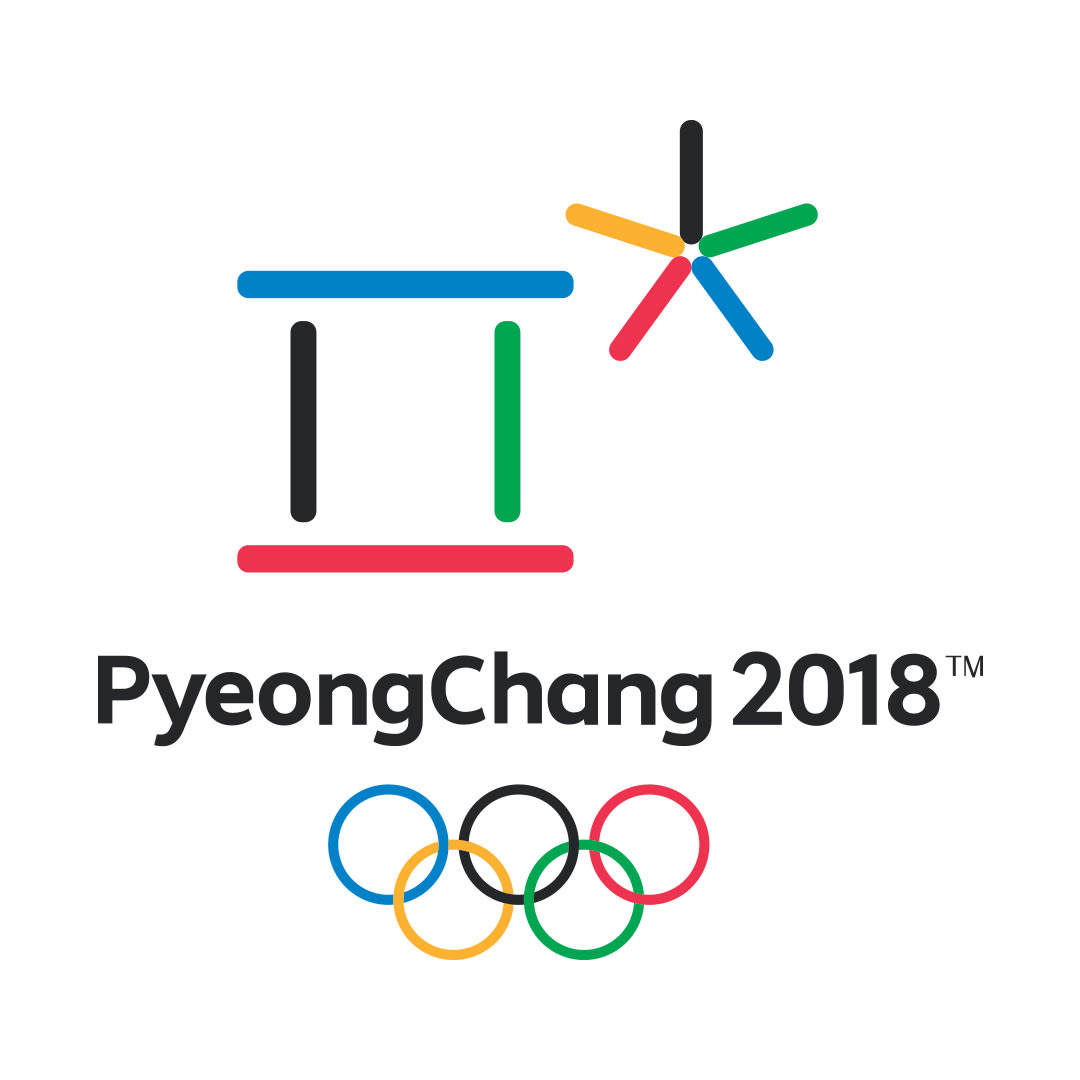
Olympic Winter Games PyeongChang 2018
PyeongChang 2018The Medals
The medals, which ranged in weight from 586 grams for the gold medal to 493 grams for the bronze, reflect the traditions and culture of the host nation. Their design was inspired by the texture of tree trunks, with the front bearing the Olympic rings and dynamic diagonal lines that reflect both the history of the Olympics and the determination of the participants. On the reverse, meanwhile, are the discipline, event and the PyeongChang 2018 emblem. In total, 259 sets of the medals were made.
They are the work of celebrated South Korean designer Lee Suk-woo, who incorporated Hangeul – the Korean alphabet and the foundation of Korean culture – into their design through a series of consonants symbolising the effort of athletes from around the world, who came together as one to compete at PyeongChang 2018.
The ribbon from which the medal hangs was an equally important part of the design, and had been created using gapsa, a traditional South Korean fabric. The light teal and light red ribbon from which the medals hang were also embroidered with Hangeul patterns and other designs.
Composition: Gold, a silver medal with a purity of 99.9% plated with 6g of gold; Silver, a silver medal with a purity of 99.9%; Bronze, a copper medal (Cu90-Zn10)
Weight: Gold, 586g; Silver, 580g; Bronze, 493g
Diameter: 92.5mm
Number of medals: 259
2018
Discover the Games
The Brand
A visual identity is developed for each edition of the Olympic Games.Brand
The Medals
Beginning as an olive wreath, medal designs have evolved over the years.Medals
The Mascot
An original image, it must give concrete form to the Olympic spirit.Mascot
The Torch
An iconic part of any Olympic Games, each host offers their unique version.Torch
